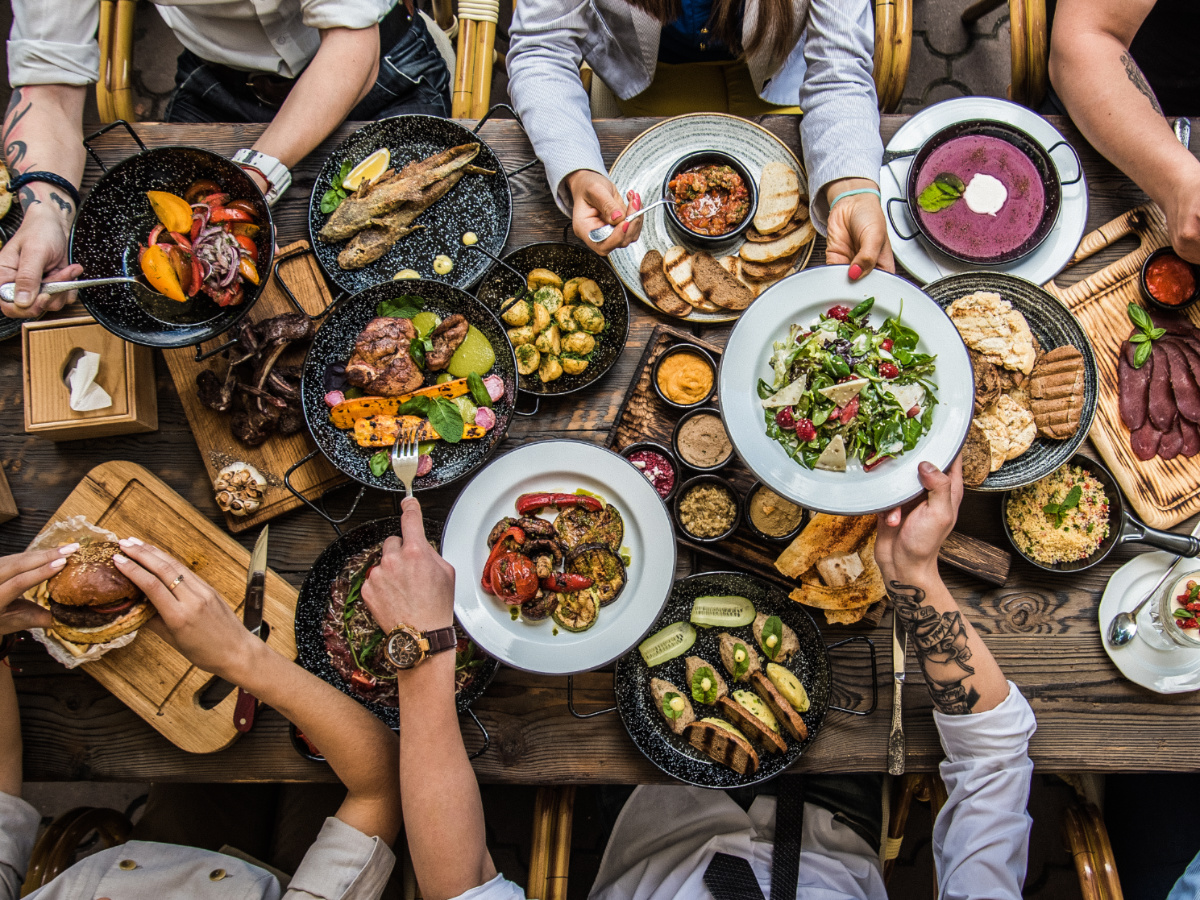
Introduction:
In the competitive world of hospitality, hotels are constantly seeking ways to increase their revenue and provide exceptional experiences to their guests. While accommodation and services are crucial, one aspect that plays a significant role in driving revenue is the food and beverage (F&B) department. The F&B offerings within a hotel not only contribute to guest satisfaction but also serve as a powerful revenue generator. This article explores the importance of food and beverage in driving hotel revenue and highlights the various ways in which F&B can make a substantial impact.
- Enhanced Guest Experience:One of the primary reasons food and beverage offerings are vital to a hotel's revenue is their ability to enhance the overall guest experience. Providing a range of dining options, including restaurants, bars, cafes, and in-room dining, ensures that guests have convenient access to delicious meals and refreshments without having to venture outside the premises. This convenience and variety create a positive impression and encourage guests to spend more time and money within the hotel, ultimately driving revenue.
- Increased Occupancy and Repeat Business:A strong F&B department has the potential to attract more guests and increase occupancy rates. Hotels known for their exceptional culinary experiences and diverse dining options tend to draw food enthusiasts and travelers seeking unique gastronomic experiences. By promoting their F&B offerings, hotels can position themselves as destinations for food lovers, thus attracting a larger customer base and ensuring repeat business. Satisfied guests are more likely to recommend the hotel to others, leading to positive word-of-mouth marketing and increased revenue.
- Upselling Opportunities:The F&B department presents excellent opportunities for upselling, which directly impacts a hotel's revenue. Well-trained staff can effectively promote premium dishes, specialty drinks, or chef's recommendations, encouraging guests to indulge in higher-priced options. Upselling techniques such as suggestive selling, wine pairing suggestions, and enticing descriptions can significantly boost the average check size and overall profitability. Additionally, creative promotions like happy hours, theme nights, and culinary events can attract guests and drive higher spending.
- Banquets, Conferences, and Events:Food and beverage services play a crucial role in hosting banquets, conferences, and events within hotels. These gatherings often require catering services, which generate substantial revenue. Hotels with well-equipped banquet halls and skilled culinary teams can offer tailored menus and personalized dining experiences for different types of events. The quality of F&B services becomes a significant factor in the decision-making process for event organizers, and a strong reputation in this area can lead to increased bookings and revenue.
- Partnerships and Collaborations:Hotels can also leverage partnerships and collaborations in the F&B sector to drive revenue. Collaborating with local restaurants or renowned chefs for pop-up events or exclusive dining experiences can generate buzz and attract a wider audience. Partnering with local food and beverage suppliers can ensure access to high-quality ingredients, enabling hotels to offer exceptional dining experiences. These collaborations not only enhance the hotel's reputation but also provide additional revenue streams through revenue sharing or licensing agreements.
Conclusion:
The significance of food and beverage in driving hotel revenue cannot be overstated. A well-developed and managed F&B department can contribute significantly to guest satisfaction, increased occupancy, and repeat business. By offering diverse dining options, promoting upselling opportunities, catering to banquets and events, and fostering collaborations, hotels can effectively harness the potential of their F&B offerings. Emphasizing the quality, variety, and uniqueness of the culinary experiences can position hotels as sought-after destinations, leading to higher revenue and a competitive edge in the hospitality industry
Submitted By: OARSolutionSubmitted On: July 13, 2023Visit Website